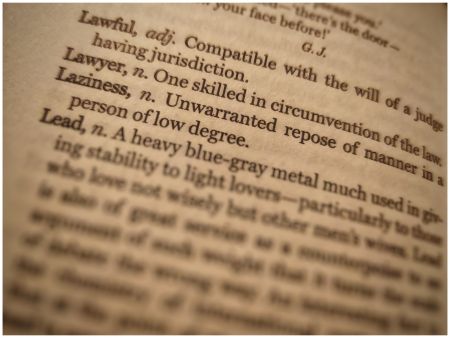Derivative
|
Derivative /dɪˈrɪvətɪv/ (n.)
A financial instrument, feared in Nebraska as some kind of WMD, in the cradle of the Levant as a sort of Godless gambling contract, amongst commodity producers of the Midwest (other than that one fellow in Omaha) as a legitimate hedging activity, and for legions of patient negotiators in London, New York, Hong Kong and the thriving satellite constellation of low-cost jurisdictions from Bangalore to Nashville, a steady, dreary, unglamorous means of keeping home fires stoked and food upon the table.
Could be a swap[1], an option or a future
Not, and especially now in light of the fabulous parallel regulation of the Securities Financing Transactions Regulation, a stock loan or a repo.
Warning: boring stuff below this line
Where do you start?
- ‘derivative’ or ‘derivative contract’ means a financial instrument as set out in points (4) to (10) of Section C of Annex I to 2004/39/EC (EUR Lex)[2] as implemented by Article 38 and 39 of 1287/2006 (EUR Lex);
- MiFID definition of derivative comes from the latter half (items (4) - (10)) of the definition of “Financial Instruments” set out in Section C of Annex I to MiFID as follows:
